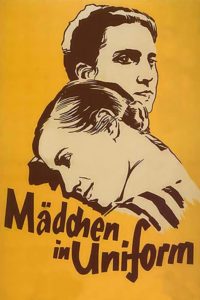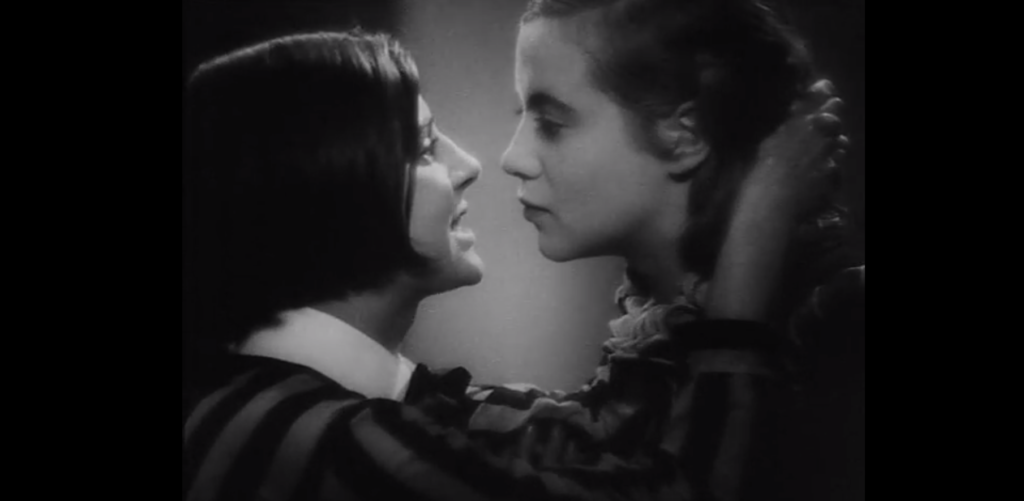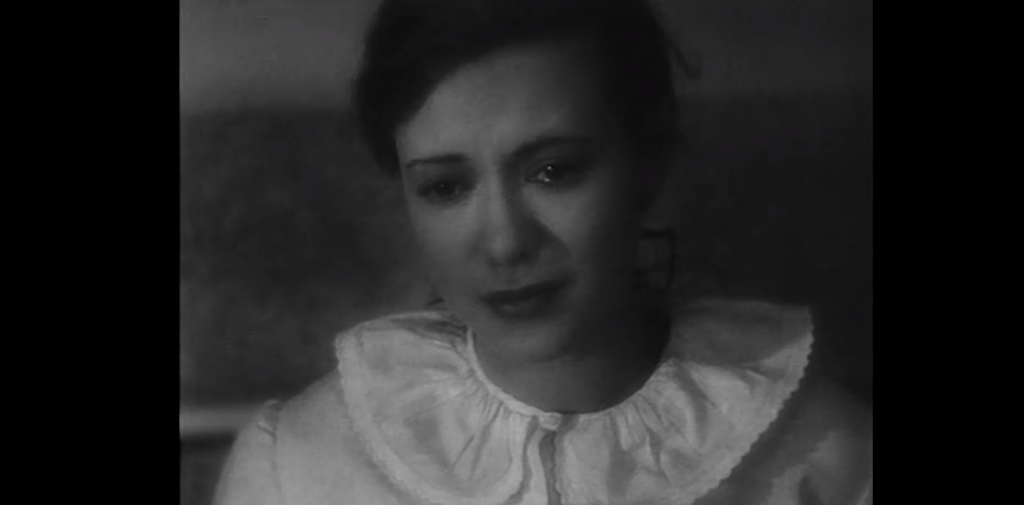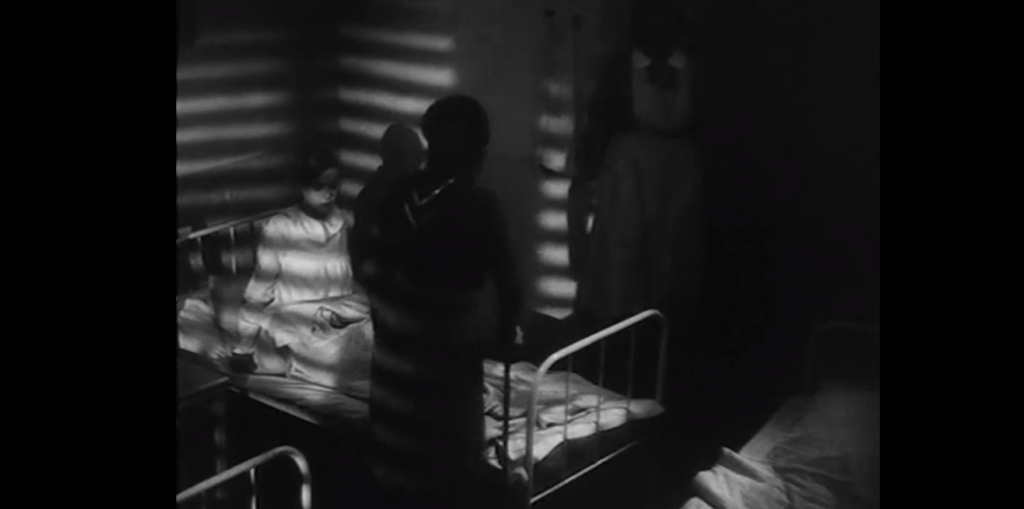“I can’t stand by and watch children made into scared, helpless creatures.”
|

Synopsis:
A young orphan (Hertha Thiele) at an authoritarian boarding school in Prussia develops a crush on her kind teacher (Dorothea Wieck).
|
|
Genres, Themes, Actors, and Directors:
- Boarding School
- German Films
- Lesbianism
- Orphans
- Ruthless Leaders
Response to Peary’s Review:
This female-directed “landmark of the German cinema” was, as Peary notes, “the first German film to incorporate sound skillfully and thematically”, the first film to “treat lesbianism sympathetically,” and a rare movie which dared to “attack authoritarianism at the time the climate was right for Hitler’s rise to power.” Indeed, as Peary and many other reviewers have noted, Madchen is strongly allegorical, with the girls’ boarding school clearly meant to represent Germany’s increasingly oppressive fascist regime. It’s refreshing to see these girls — who are “spirited, funny, caring, and supportive” — sustain themselves through the love and support they have for one another.
Redeeming Qualities and Moments:
- A remarkably sensitive early cinematic depiction of lesbian attraction

- Atmospheric cinematography


Must See?
Yes, as a landmark German film.
Categories
- Controversial Film
- Foreign Gem
Links:
|
One thought on “Madchen in Uniform (1931)”
A once-must for its place in (esp. gay) cinema history.
Lesbian lite here – although not when you consider the time it was made. It’s rather daring. For the film version, the source material apparently had its Sappho angle toned down and the film was given a happy ending (the latter being a good thing, I think, in this case).
I’d not seen this film til now. Just hadn’t gotten around to seeing it. Given its oppressive nature, I was surprised to learn it’s not as dark a film as I’d imagined. The details of the story are what one might generally expect from something set in a school for girls: the headmistress is harsh (“Affection has no place here. It only arouses their emotions.”) and the one teacher who champions kindness above all has many of the girls adrift in crushes – one girl more than others (“I love you but you’re always so distant…”).
One does admire the film mainly for the overall naturalness with which lesbianism is presented (most of the schoolgirls seem to think it perfectly acceptable that girls would be more than fond of other girls) – and the solidarity that ultimately emerges among the students leaves us with uplifted hearts.
This may not be one that ffs will be inclined to return to, but it’s instructive for one-time viewing and is easy to sit through.